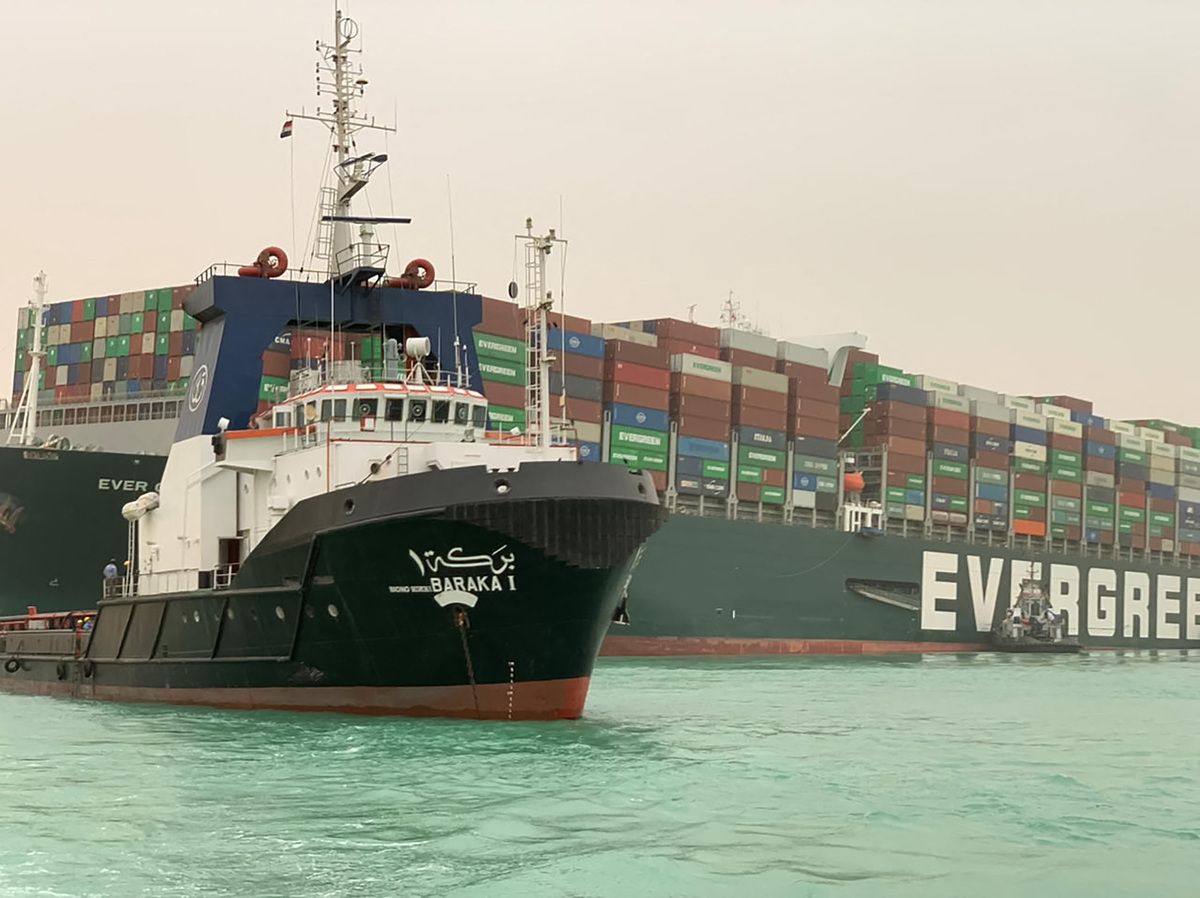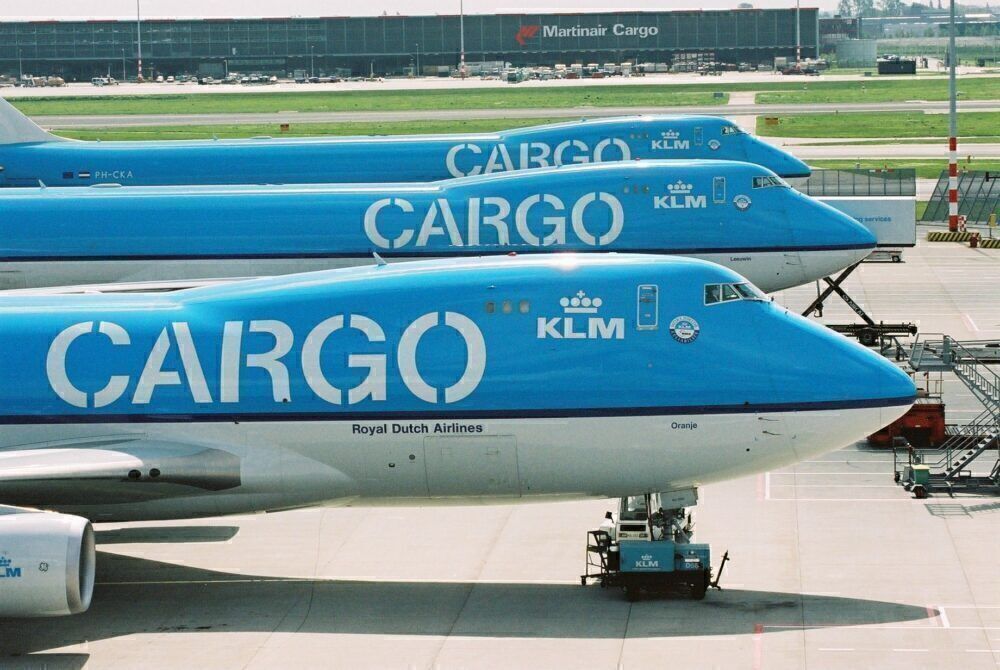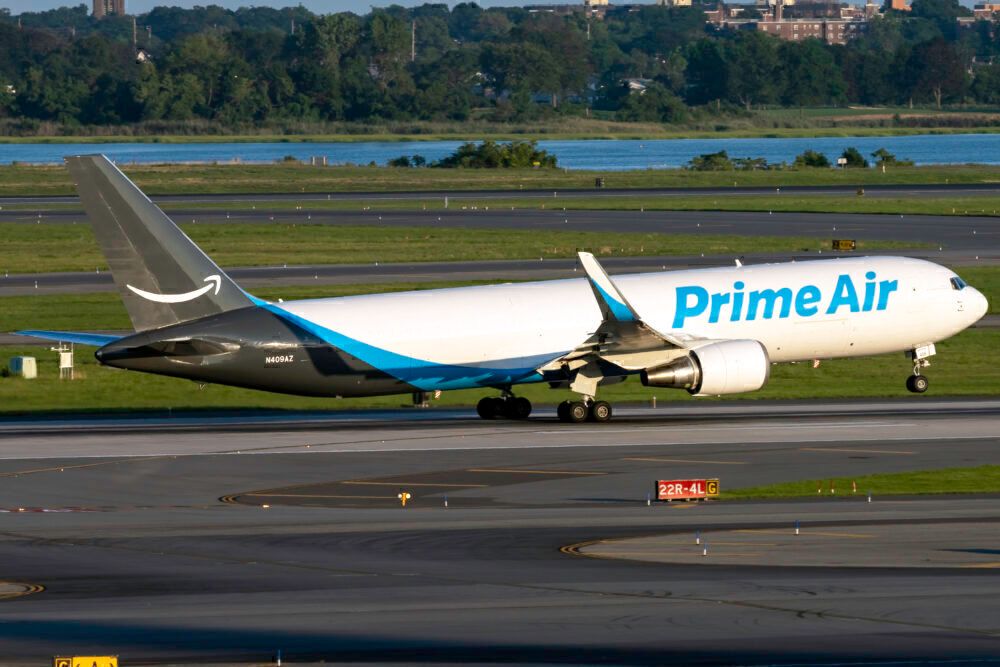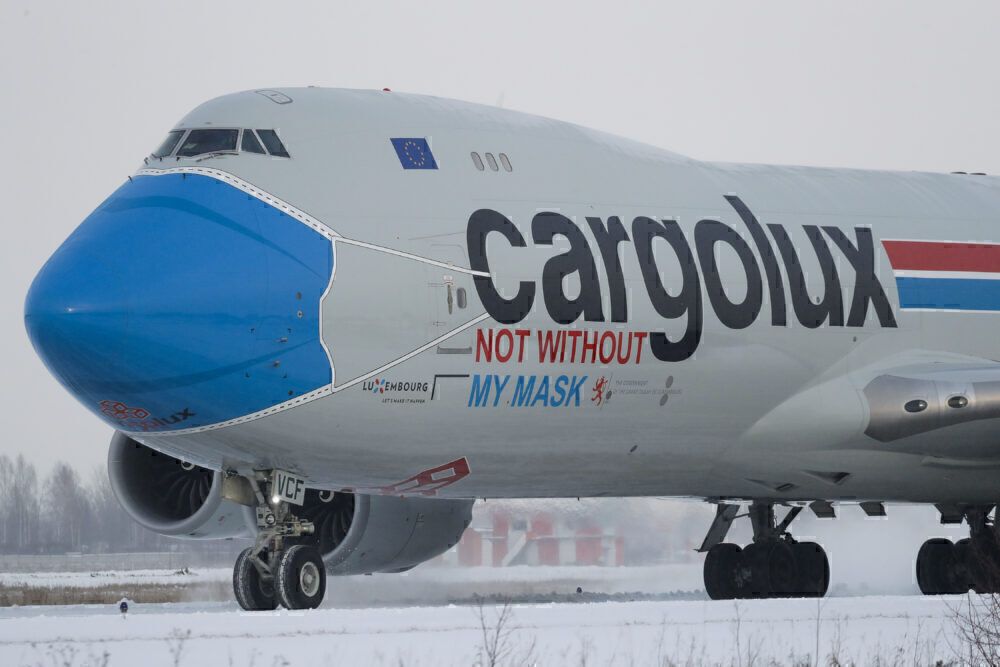The Suez Canal is one of the most important shipping routes globally, connecting Asia and Europe, and accounting for 12% of global trade. However, this week's blockage caused by a ship being stuck in the canal has caused a huge backlog of cargo shipments. So could this blockage create an opportunity for air cargo to fill the gap? Let's find out.
Short-term
Since the 'Ever Given' became stuck in the Suez Canal on early Tuesday morning, global shipping has found itself struggling. Hundreds of ships are now waiting in line behind the Ever Given to cross the canal, disrupting delivery times. Considering it could take days or weeks to dislodge the giant container ship, could other means of transport step up?
According to an analysis from JPMorgan, prices for air cargo are expected to rise as the Suez closure continues. Air cargo can temporarily take over transportation of critical goods and those in high demand, offering deliveries in a much shorter time period as well.
Considering journeys from Europe to Asia take upwards of a month, a 12-15 hour flight can easily offset any expected delays due to a prolonged Suez blockage. However, any increase in demand or prices due to the crisis will likely be for a brief period. This is because air cargo is simply too expensive to even temporarily replace container shipping.
Stay informed: Sign up for our daily and weekly aviation news digests.
Freight ships remain the winner
While air freight might see a slight bump up due to the crisis, container ships remain the winner. While ships will be forced to take longer routes, such as around South Africa (the Cape of Good Hope), the rate of shipping will increase dramatically due to the Suez's continued closure.
Despite aircraft providing much faster transport than ships, shipping is exponentially cheaper considering how much it can transport. While a Boeing 747-400F can carry a maximum payload of 113,000kgs, the Ever Given carries 200,000 tonnes of cargo. Transportation by planes proves far too expensive for global shipping needs.
Overall, while air cargo prices might rise in the coming days and weeks, this change will be temporary. Unlike the changes caused due to the pandemic, shipping remains the dominant method of long-haul freight transport and looks to remain so for the foreseeable future.
Demand
If you're a consumer, you may have noticed that everything from Amazon packages to specialized goods has been delayed in the last year. This largely due to disruptions caused due to the pandemic, as fragile global supply chains break. Air cargo has also been impacted by these changes.
Demand for air cargo has increased dramatically as passenger flights reduce to a fraction of previous levels. Prior to the pandemic, passenger flights carried more than half of global air freighter in the belly. However, the pandemic has seen air freight prices jump and airlines scramble to boost their fleets.
Expect to see disruptions in global shipping caused due to the pandemic as the Suez crisis drags on. If the route does not open up soon, we can expect everything from shoes to fuel increase in price.




